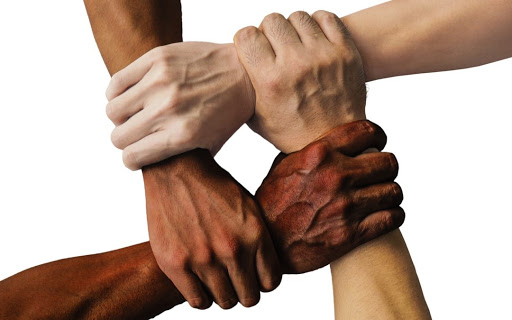Module 3 Reflection: The Gospel of Wealth
 |
| The Gospel of Wealth: Real vs. Reality |
"Poor and restricted are our opportunities in this life: narrow our horizon; our best work most imperfect; but rich men should be thankful for one inestimable boon. They have it in their power during their lives to busy themselves in organizing benefactions from which the masses of their fellows will derive lasting advantage, and thus dignify their own lives." Andrew Carnegie
In the reading titled, "Andrew Carnegie's Gospel of Wealth" written by Andrew Carnegie, he discusses the prominent issues of wealth in America in relation to human rights while bridging the gap between the rich and poor. Carnegie establishes his belief that the main issue society faces today in regards to the Gospel of Wealth, focuses on the issue of the administration of wealth. Carnegie believed that the wealthy have a primary obligation to uphold and keep the improvements of society. In a quote from his reading, he states that "The price which society pays for the law of competition, like the price it pays for cheap comforts and luxuries, is also great; but advantages of this law are also greater still, for it is to this law that we owe our wonderful material development, which brings improved conditions in its train." It is his belief that we owe our riches to the economy that made us and molded us into the lives that some of us have today.
 |
| The difference between now and then. Hint: There's no difference |
In all honestly, I can't say that I necessarily disagree with Carnegie's idea that citizens who are more wealthy than other's should contribute to society by helping to promote economic and social growth to better resources for all racial-ethnic groups. In an effort to merge the gap between the rich and poor it is my belief that there are multiple contributing factors that can be put into account to help bridge the wealth gap in society.
In today's time, I think bridging the gap between the rich and poor begins with a multitude of steps that first attacks, Minimum wage reform. Many lower-income families in this day and age work minimum wage jobs, and if most of these jobs were to increase their wages, families would have increased income that would promote established and stable living. In order to achieve this, it starts with taxation reforms, which play a major part in the economic growth of the economy overall. If citizens who were wealthy were to pay more in taxes, they would be giving back to the economy, therefore we would have more money to give to others that are in need of it and would soon establish generational increase for years to come. Though minimum wage reform and tax reform are two important aspects to bridging the gap between the rich and poor, education is another major aspect that involves the help of the wealthy in closing this ongoing gap that has been the backbone of America for centuries. When it comes to public education if we increase the supply of demand and skilled labor within our education systems that would reduce the income inequality that is constantly faced within our education system as a whole. Private and public school systems aren't given the same resources, and with this plan to reform and refine the system with the added funds from the wealthy, our economies will begin to flourish.
In closing, to ultimately bridge this ongoing gap between the rich and poor we must begin by facing the initial issues society fails to attack on a daily basis that regard, economic and social reform. With the help of the wealthy and their contributions to society, we will be able to have a more whole and stable economy. It is my belief that when we accomplish these things to promote better living for all, we will all have the true reality of the American Dream.
"The Income Gap is Getting Worse", by Shelly Hagen "About the Historic Gap between Rich and Poor Italians, by Guido Alfani

Great post!
ReplyDelete